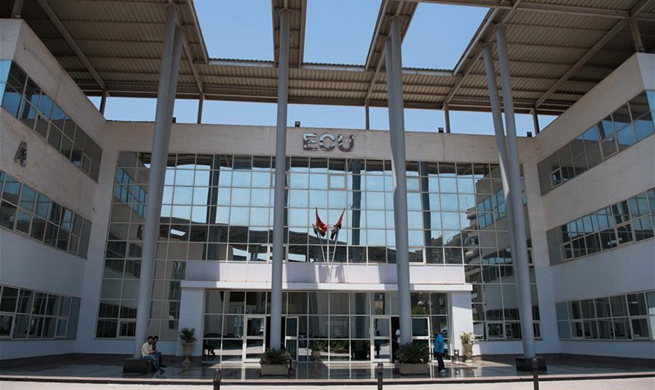SOFIA, Sept. 9 (Xinhua) -- Eight Bulgarian and international organizations signed a memorandum here on Monday on a comprehensive ban on tobacco advertising, promotion and sponsorship in the country.
According to the memorandum -- which was signed, among others, by the World Health Organization (WHO) office in Bulgaria, the Bulgarian office of the United Nations Children's Fund (UNICEF) and the Smoke Free Life Coalition -- the advertising and promotion of tobacco products "deepen the Bulgarian society's heavy smoking addiction and dependence from tobacco industries."
The aim of the memorandum is to raise awareness of the problems caused by tobacco advertising, promotion and sponsorship, and to focus the attention and efforts of state authorities, political leaders, the media and civil society on the need to urgently resolve these, the document said.
"Bulgaria is among European countries most affected by smoking-related diseases and mortality. Young people, women, people from vulnerable groups and disadvantaged people are the most affected," said the memorandum which was initiated by the Smoke Free Life Coalition with the support of the office of the WHO in Bulgaria, and in partnership with the Ministry of Health.
"Taking into account that tobacco use in Bulgaria constitutes one of the major public health-related problems, the WHO is very concerned and would like to work closely with government and other representatives of the NGO sector and patient organizations to address this major issue," Skender Syla, WHO representative in Bulgaria, said at the signing ceremony.
There is a role for everyone to play in this noble mission to save lives, Syla said.
Petar Paunov, mayor of the city of Kyustendil, who also signed the memorandum, said he was confident that many Bulgarians would join the initiative.
According to Eurostat figures, 34.8 percent of Bulgarians are smokers. This is the highest rate in the European Union, of which the average figure is 23.9 percent.













